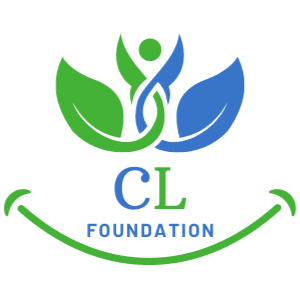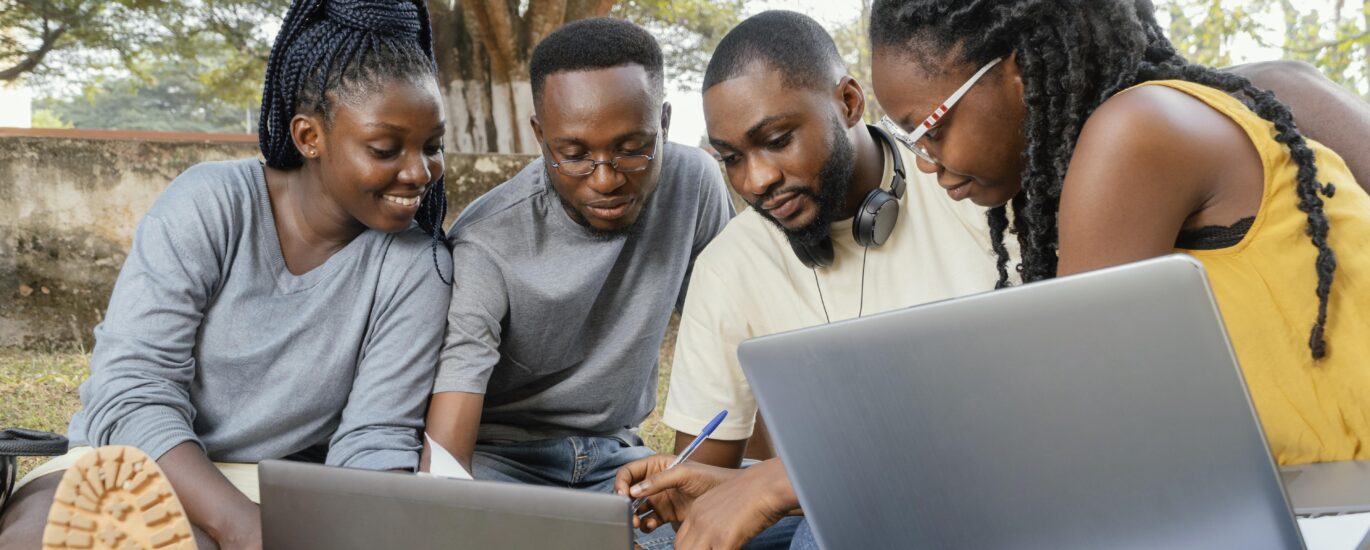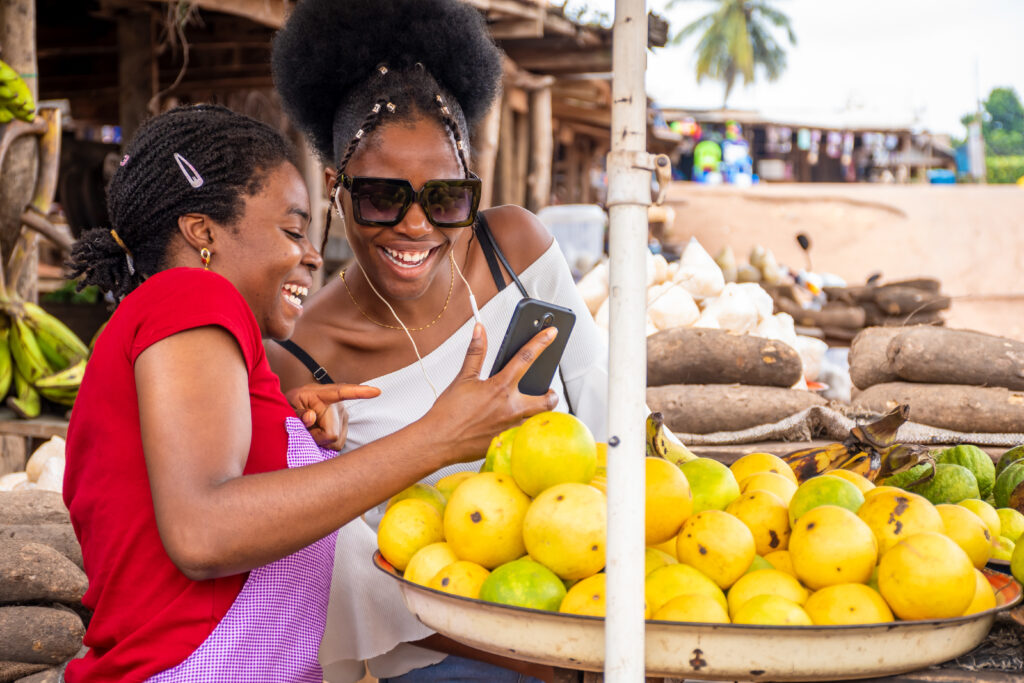For years, access to quality education in Ghana has been a challenge, particularly in rural areas. Limited resources and inadequate infrastructure have hindered educational progress. However, the advent of technology is helping to bridge this gap. Digital tools and online platforms are making education more accessible, even in the most remote communities. With the help of tablets, laptops, and mobile phones, students can now access a wealth of information and educational resources that were previously out of reach.
Technology is not just about access; it’s also about enhancing the learning experience. Interactive learning platforms, educational apps, and virtual classrooms are making education more engaging and effective. These tools cater to different learning styles, allowing students to learn at their own pace and in ways that suit them best. For instance, visual learners can benefit from educational videos and interactive simulations, while auditory learners can engage with podcasts and audiobooks.
At CLF, we are implementing programs that incorporate these technologies into everyday learning. By integrating multimedia content and interactive exercises into the curriculum, we are making education more dynamic and enjoyable for students.
The role of teachers in this technological transformation cannot be overstated. Educators are at the forefront of this change, and empowering them with the right tools and training is crucial. Technology provides teachers with new ways to enhance their teaching methods, track student progress, and access professional development resources.
Through our initiatives, we are providing teachers with training in digital literacy and the use of educational technology. By equipping teachers with these skills, we are ensuring that they can effectively integrate technology into their classrooms and improve the quality of education they deliver.
In today’s digital age, digital literacy is as important as traditional literacy. Understanding how to use technology responsibly and effectively is a crucial skill for the future workforce. By incorporating technology into education, we are not only enhancing academic learning but also preparing students for the digital world.
Our programs at CLF include coding classes, computer literacy workshops, and training in the safe and responsible use of the Internet. These initiatives aim to equip students with the skills they need to navigate the digital landscape confidently and safely.
The transformative power of technology in education is undeniable. In Ghana, where challenges in the education sector have persisted for years, technology offers a path to a brighter future. We are committed to leveraging this power to empower children, women, and youths, ensuring they have the knowledge and skills to thrive in a rapidly changing world.








